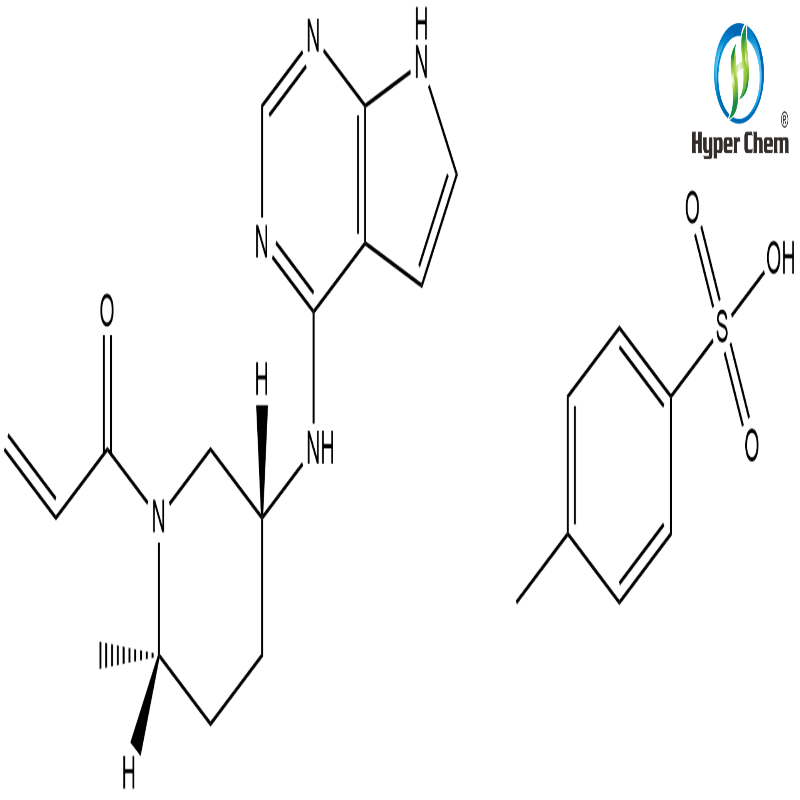-
Categories
-
Pharmaceutical Intermediates
-
Active Pharmaceutical Ingredients
-
Food Additives
- Industrial Coatings
- Agrochemicals
- Dyes and Pigments
- Surfactant
- Flavors and Fragrances
- Chemical Reagents
- Catalyst and Auxiliary
- Natural Products
- Inorganic Chemistry
-
Organic Chemistry
-
Biochemical Engineering
- Analytical Chemistry
-
Cosmetic Ingredient
- Water Treatment Chemical
-
Pharmaceutical Intermediates
Promotion
ECHEMI Mall
Wholesale
Weekly Price
Exhibition
News
-
Trade Service
JANUARY 7, 2021 // -- In a recent study published in the international journal Nature Medicine, scientists from the University of Michigan and others used research to explain why patients with cancer spreading to the liver tend to have poor prognosis.
researchers point out that when cancer patients' cancer cells spread to the liver, their condition tends to be worse than cancer cells spread to other parts of the body, and that transformative immunotherapy tends to treat these patients less effectively. In the
study, researchers uncovered the causes and a possible solution, finding that tumors in the liver may "siphon" key immune cells and make immunotherapy ineffective, but in mice the liver combined immunotherapy with radiotherapy or restored the function of these immune cells and produced better therapeutic results.
researcher Michael Green says cancer liver metastasis patients may have little benefit from immunotherapy, but immunotherapy has now changed the treatment strategies for multiple cancers; this study suggests that we may be able to reverse this tolerance with radiotherapy, which may have a real impact on the prognosticity of treatment.
Photo Source: University of Michigan Roger Cancer Center researchers analyzed data from 718 cancer patients receiving immunotherapy who included a variety of cancer types, such as non-small cell lung cancer, melanoma, urinary cortectal cancer, and renal cell carcinoma, whose cancer cells have spread to different organs, including the liver and lungs.
Patients with liver metastasis who had cancer were less likely to respond to immunotherapy, and the problem was not just in the liver, but more cancers that spread throughout the body than in patients where the cancer spread but did not spread to the liver. 'The liver can turn on a systemic immunosuppressive mechanism that occurs in the liver, but we can see the effects of the whole body; the liver is one of the most common metastases of cancer and is known to interfere with the immune response of patients during autoimmune diseases, viral infections and organ transplants by suppressing specific key immune cells, which may occur when oncologists observe a lack of immune response to metastase cancer,' said
researcher Dr. Weiping Zou.
researchers point out that patients with cancer liver metastasis who receive chemotherapy or targeted therapy may not have a worse prognosis than those who undergo other types of metastasis, which is unique to immunotherapy.
By analyzing the microencepts of liver metastasis, the researchers found that tumor tissue was able to "siphon" T-cells, which can play a role in attacking cancer's immune cells, not only to remove T-cells from the liver, but also to create a so-called "immune desert" throughout the patient's body, and that the immune system might not be activated to fight tumors at any point in the body.
Using a model of cancer mice with liver metastasis, the researchers transported radiotherapy directly to tumors in the liver of mice, which may have blocked the death of T cells; as T-cell function was restored, immunosuppressants activated the immune system to eliminate cancer throughout the body, the same outcome as in patients with non-liver metastasis.
The final researcher Green says finding a new immunosuppressive mechanism and a solution to it has always been a challenge for scientists; with these promising results, researchers now hope to conduct clinical trials to better understand the mechanisms that really work in human tumors.
() Original source: Yu, J., Green, M.D., Li, S. et al. Liver metastasis restrains immunotherapy efficacy via macrophage-mediated T cell elimination. Nat Med (2021). doi:10.1038/s41591-020-1131-x







